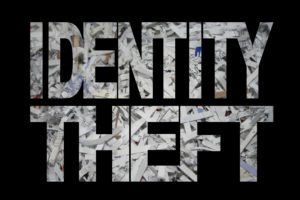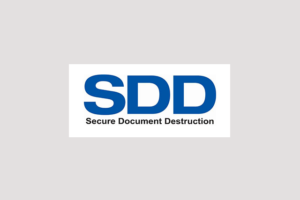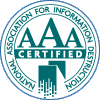Technology has greatly improved the process of getting back to school. Much of the process is online, and identity thieves are ready to snatch critical personal information, but there are steps parents to reduce the risk.
Take Control of Your Personal Information to Avoid Identity Theft
We never think identity theft will hit us. Until it does. We have compiled some tips and steps you can take to reduce your risk.
Don’t Be Fooled: Learn How to Effectively Erase Computer Files
Most people think when they delete a file on their computer that it’s gone. Not only is it not gone, it’s easy pickings for someone who knows where to look. Know the risks.
Smart online shopping: BBB tips to protect yourself from scams
We say it over and over, but the things you can do to protect yourself and your information are for the most part common sense. But, a lot of people don’t heed the advice … at their own risk.
Document Shredding Company Employee Eyed in ID Theft Ring
SDDStL shreds everything while you watch, before we leave; so this can never happen. More Companies (especially some larger ones) are pushing their customers to allow them to shred materials Off-site. The lower cost of providing the service allows them to improve their profit margins. Document Shredding Company Employee Eyed in ID Theft Ring
- « Previous Page
- 1
- …
- 7
- 8
- 9





